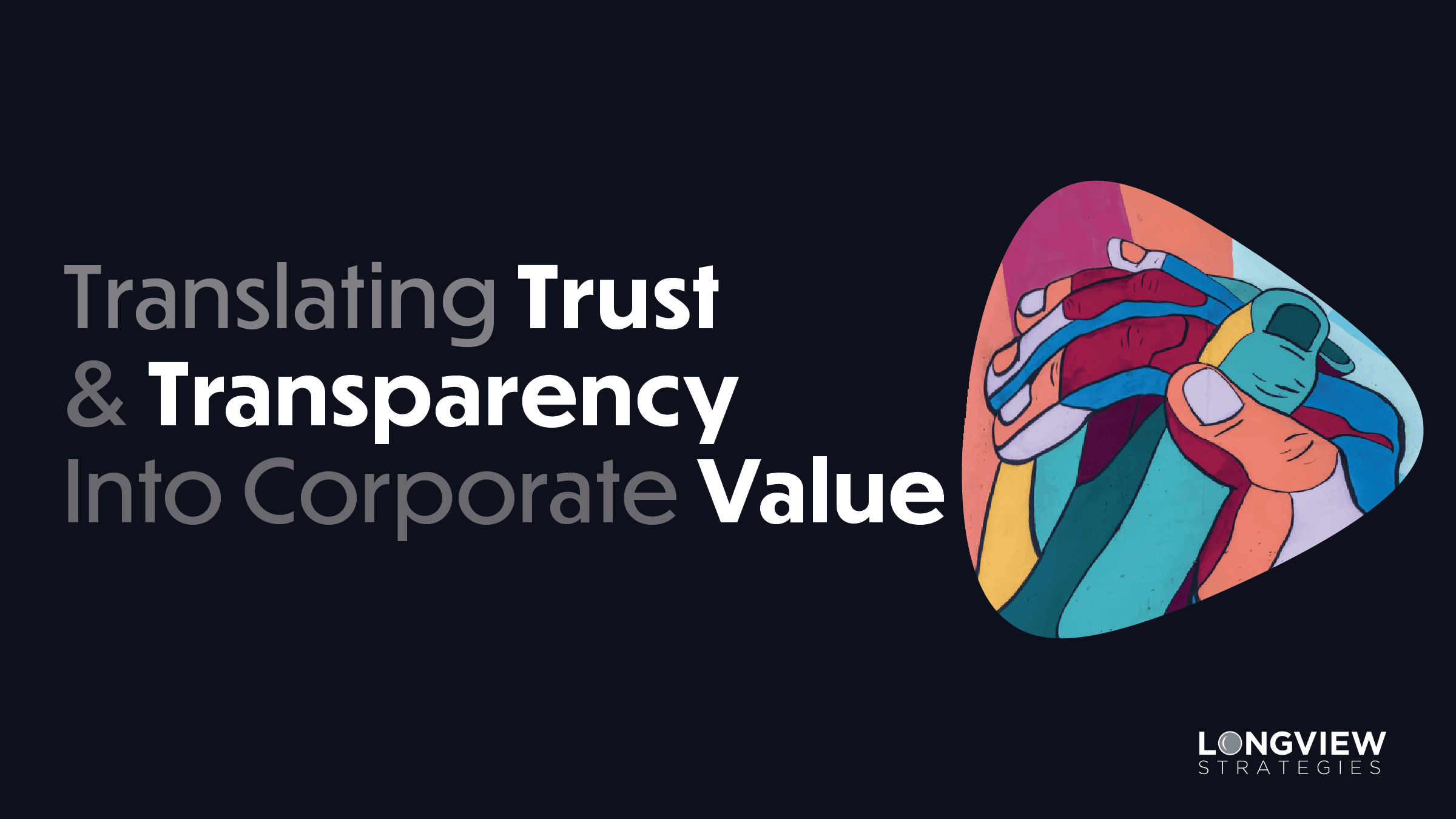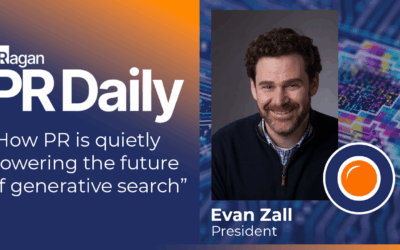The globally connected events of 2020 give tangible form to a whole lot of theory around the real value of companies – and why their voices and brands matter.
There was always hard and fast proof that corporate cultures built on poor employee treatment translate into a legal and reputational morass (looking at you, Uber). There was always evidence that practices dismissing environmental stewardship could bring about risks to brand (hello Exxon-Mobil) and bottom line (goodbye PG&E).
This year, it’s all coming to a head. The urgent call for racial equality, the impacts of COVID-19, and the looming climate crisis are not only requiring more of companies, their efforts and language are also in the spotlight at every turn. Organizations that authentically embrace sustainability as a part of their message are positioned to succeed. Those that don’t are likely to flounder.
Consider a recent study by State Street of corporate responses to COVID-19 that address social concerns. Results based on aggregations of online reactions and news coverage showed that “firms experiencing more positive sentiment on their human capital, supply chain, and operational response to COVID-19 experienced higher institutional money flows and less negative returns.”
Put simply, sincere efforts to respond to the virus, provide solutions, and promote those solutions with sensitivity and grace were well received. Transparency and careful messaging won the day and laid the foundation for future success, while opacity and selfish behavior were spurned.
Brand loyalty has always waded into the sphere of corporate values. 66 percent of consumers reported that transparency plays a significant role in purchasing decisions, and 65 percent reported the same for employee treatment [Accenture: The Rise of the Purpose-Led Brand, 2018]. These patterns contribute directly to stability in sales, partnerships, and stakeholder relationships.
And those stats are from pre-COVID-19 and before the urgent, global demonstrations of civil unrest. The positive shift in support for Black Lives Matter is dramatic; as calls for change echo across the world, corporations have been more proactive than usual about being part of the solution.
A recent New York Times article brought together an age-old call for values alignment with the reality of today’s fully transparent marketplace. “By aligning corporate values with what customers care about, companies are hoping to build a sense of loyalty and a deeper sense of personal connection,” said Americus Reed, a marketing professor at the Wharton School at the University of Pennsylvania. “There’s a general trend toward executives in the C-suite being called out and pressure-tested by consumers who want to know where they stand — there’s an opportunity to differentiate not just on function, on what’s a better mousetrap, but on values.” [Corporate Voices Get Behind ‘Black Lives Matter’ Cause]
When all is said and done, corporate survival now depends on adapting under an intensified brand microscope. The impact of thoughtless messaging might take shape through negative reputation issues, followed quickly by knocks to the value and stability of the company as a whole.
This reality is at the center of the engine driving sustainable investing, which is ultimately powered by measurements of a company’s Environmental, Social, and Governance (ESG) activities. As more investors become aware of the tie between ESG and financial performance, these factors are becoming a “must have” for any truly holistic evaluation of a company’s long-term value. In fact, the incoming generation of financial analysts is required to look through the lens of ESG. In 2019 the CFA Institute’s updated policy on material factors mandates that analysts consider ESG in their research.
The current and dramatic waves of social disruption are accelerating what has historically been a fitful learning curve around adoption of sustainable investing. Investors, financial advisors, and institutions have all struggled to articulate the value of ESG issues in a way that connects directly to portfolio strategy and performance.
In the context of COVID-19, racial equality, and climate change, that barrier is coming down in an “a-ha” moment that transcends the previous struggles.
Barron’s Leslie Norton captured the moment nicely in her June 5 article, “Can Big Business Fix Racial Injustice? It Has to Try. Here’s How.”:
In the absence of leadership from Washington, D.C., companies have already been refocusing on so-called stakeholder capitalism—in which employees, suppliers, customers, and communities are given equal consideration to shareholders…
“At the end of the day, none of this will be cured unless capitalism drives the money,” [Bank of America CEO Brian Moynihan] says. Such moves help protect image, too: “We’ll see companies step up to the plate because they want a good reputation with investors and other stakeholders,” says Jon Hale, head of sustainability research for Morningstar.
It’s a work in progress. But never have we seen such an unmistakable line drawn between corporate value and corporate values. When the dust settles – and it may never actually settle – the relationship between what a company provides, how it provides it within the context of its community, and how it articulates that connection will create a full and measurable view of its true worth.
I’m ready. Are you?




